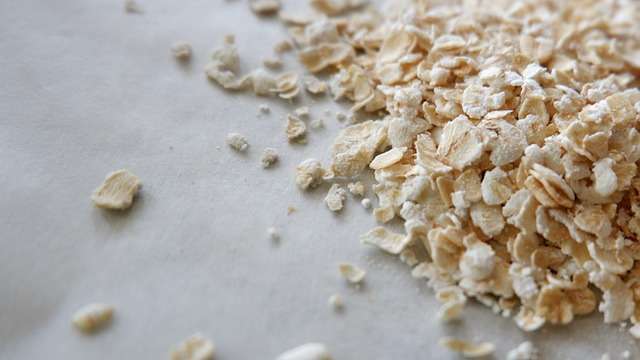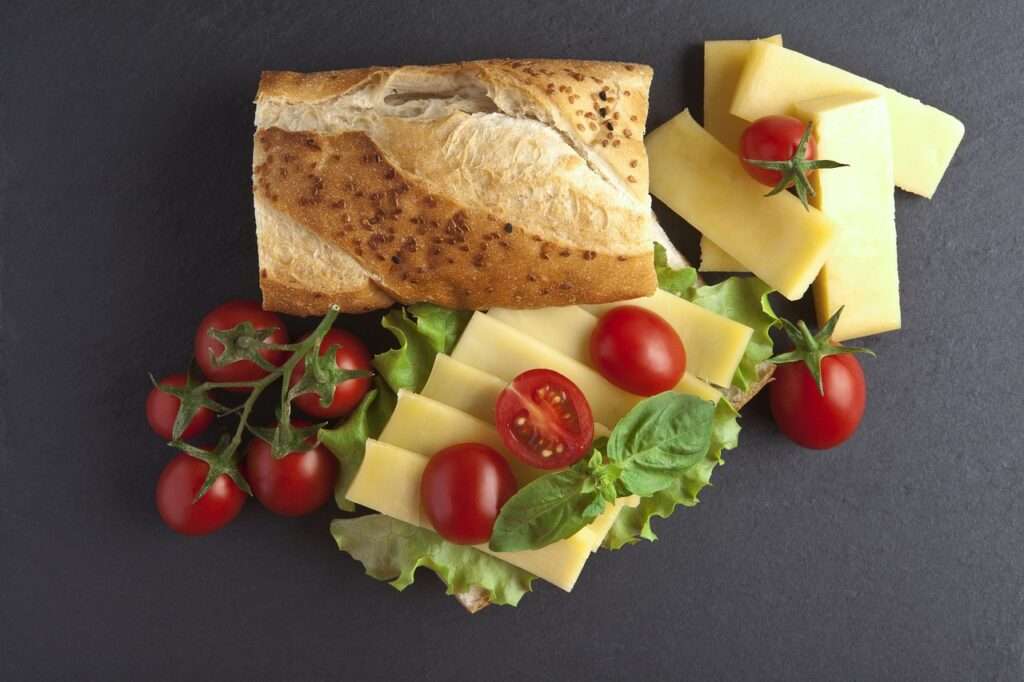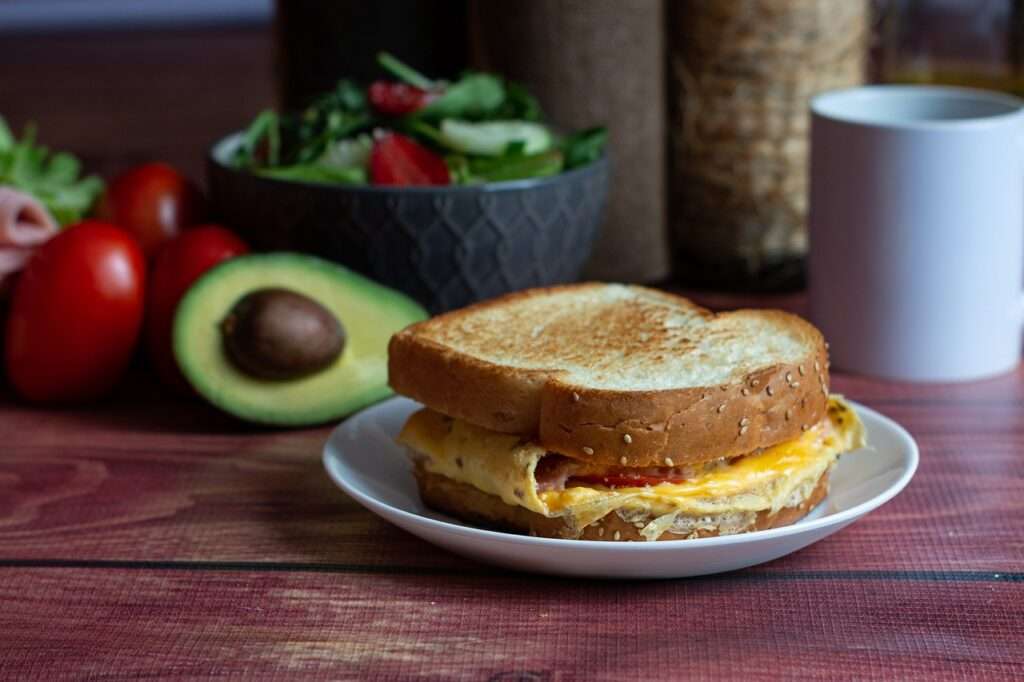
Healthier Choices for Your Little One
As a parent, it is your priority to make sure your child gets the best and healthiest food available. Organic baby food is one of the best ways to achieve that. Such foods, free of synthetic pesticides and chemicals, create an altogether clean and natural environment for your little one’s growing life. But what one should consider when choosing organic baby food, and how would that benefit? So we have authentically ventured into the world of organic baby food to answer all your queries.
Why Choose Organic Baby Food?
Organic baby food is manufactured from the ingredients that have grown without the use of harmful pesticides, synthetic fertilizers, or GMOs. By choosing organic for the baby, you can be assured that he/she is going to get the purest form of nutrient without risks from chemicals, which could be harmful to growth and development.
These all serve to enrich the qualities of organic baby food.
Organic baby foods has myriad advantages other than mere nutrition. It is for this reason that organic foods have become so widely accepted in recent times.
1. Less Contact General With Chemical Additives
One of the foremost advantages of organic baby food is that it greatly lessens the exposure of the baby to overstimulating chemicals. The most common method of farming uses chemical pesticides and fertilizers, which may leave their residues on foods. These chemicals are associated with a host of health dilemmas among adults and, all the while, the less mature body of the baby may well be exposed to more hazards. Organic baby food gives one an opportunity to spare the baby long exposure to this array of hazards, thus a vying proposition for an extremely clean and safe diet.
2. Fullness of Nutritional Quality
Best Organic baby food poses an advantage concerning nutritional content; that is, of course, yes, where the plethora of vitamin, mineral, and antioxidant levels is concerned. Organic farming practices are based on the concept of giving back nutrition to the soil, and thereby they create soils that provide richer nutritional quality in vegetables and fruits. As studies have shown, organic produce has higher percentages of vitamin C, magnesium, phosphorus, and iron. Discreetly, they might look small, but the extra nutrition could tremendously help the body to grow in the developing baby.
3. No Artificial Compounds
Commercial baby foods are often prepared with artificial preservatives, flavorings, and colorings to confer them with more lasting or more attractive properties. These chemicals are regarded not only as unnecessary but also possibly hazardous health risks. On the contrary, organic baby food does not use artificial additives. It is preserved in a natural way and contains whole, pure ingredients-it is a far cleaner and safer option for your baby.
4. Supports Healthy Growth and Development
The Organic baby food is a clean and pure nourishing food supply for your baby because of the absence of artificial chemicals and additives. This, in turn, lowers the burden of toxins on the baby, allowing his or her energy to go on uncovering his or her full growth and development potential. Apart from being rich in nutrients, organic baby food is further enriched by scaffolding for brain, bone, and muscle development, giving your baby a healthy start to life.
5.Good for Babies with Allergies or Sensitivities
All Organic baby foods are a godsend for food-allergic or sensitive babes. Organic ingredients usually undergo less processing and thus contain fewer allergens. Such farming doesn’t use antibiotics or other harmful substances; thus, organic farming is termed “clean farming.” Therefore, it reduces the likelihood of allergenic contamination in the product with gluten or dairy allergens, etc. Besides, many organic brands make hypoallergenic food specially meant for sensitive tummies.
6. Taste and Freshness
Since organic baby food involves the use of fresher-high quality-natural ingredients, it is generally fresh. Organic farming ensures a slower growing pattern without harmful growth agents, definitely making the resultant greens and vegetables tastier. In fact, this enfolding in clean natural flavors simply appeals to babies as their first taste, seducing them to take a clear long route towards good eating habits.
7. Environmentally Friendly
Beyond these, organic foods give your little one a head start in terms of nutrition and are equally very green. Organic farming guarantees more sustainable forms of agriculture than conventional farming: reductions in pollution, conserves water, and is good for biodiversity. Most organic farms avoid toxic chemicals that may leach into soil or water, resulting in healthier ecosystems overall. By feeding your baby organic foods,
Its possible Organic baby food is free from synthetic pesticides or other chemicals; it is non-GMO; it has higher levels of certain nutrients such as antioxidants; and its farming practices tend to be environmentally friendly.

Are Organic Baby Foods Better?
The Organic baby food is considered a safe nutritional alternative to the commercially prepared puree. It often contains higher levels of light-damaging nutrients than conventional baby food. In a study conducted by the European Parliamentary Research Service, organic foods were shown to have less evidence of pesticide residue and more antioxidants than conventional ones. Since an infant’s immune system is still developing, it is important for a child to be shielded from toxins.
Important Features to Look For When Buying Organic Baby FoodIn buying organic baby food, pay utmost attention to the following highlights that should be featured on the jar label:
1. Certified Organic: these must be part of the USDA or EU organic labels on the jar that serve to verify that the food products, at least, have commercially graded national accepted standards regarding the safety for consumption.
2. Ingredient Transparency: always read the labels first before considering a purchase. The fewer the ingredients, the better: no sugar, salt, or preservatives incorporated.
3. Right stage food: Select food for the appropriate stage:
Organic baby food is categorized by stages:
Stage 1 contains simple purees intended for your baby to start learning about solids, while Stage 2 and Stage 3 offer other textures and combinations as your baby matures.
Making Organic Baby Food – Is it Worth It?
Although sometimes time-consuming, parents are left with complete peace of mind about what exactly it is that their little ones are eating when they make homemade organic baby food. You can have absolute control, as one can feed the freshest organic ingredients and customize every meal based on their baby’s taste. Here are a few starting points:
1. Use truly organic ingredients: Organic fruits, veggies, and grains.
2. Start simple: Puree simple items-sweet potatoes, carrots, or apples-into a more advanced mixture: from simple purees to mother’s preferred combinations with a mix of different tastes.
3. Storage advice: Store small meals depending on how long you want to store purees, unless they come in BPA-free containers.
Most Trusted Organic Baby Food Brands
If you fancy the convenience of store-bought baby food, there are quite a number of organic baby food brands to choose from:
Earth’s Best Organic: A pioneer in organic baby food, surfacing organically grown fruits and vegetables along with whole-grains.
Happy Baby: A delicious line of organic pouches that contain nutrient-dense whole foods, the superfoods quinoa and kale.
Plum Organics: An innovative-tasting combination of flavors and wholesome organic products-they do not include any artificial preservatives.Once-Apon-A-Farm:Fresher organic baby foods is a specialty at Once Upon a Farm, with their refrigerated blends made with farm-fresh ingredients.
All You Should Know About the Difference Between Organic Baby Food and Conventional Baby Foods
The most striking difference between organic baby food and conventional baby food lies in the production. Organic foods are generally grown and processed without the use of synthetic chemicals, whereas conventional baby foods might still have pesticide residue or GMOs in them. Although both varieties have to meet health and safety standards set by the FDA and WHO, organic baby food will in all likelihood deliver parents some peace of mind as they make decisions for their children.
When one starts introducing good foods to the baby, he should use single-ingredient purees for the first time. Stick to simple organic fruits or vegetables such as:
- Sweet Potatoes.
- Carrots.
- Peas.
- Apples.
- Banana.
Introduce only one item at a time, waiting a few days that you may watch out for any allergic reactions. When the baby is more familiar with different flavors, other more complex combinations and clogs can be brought about.
A Strategy for Transitioning into Organic Foods
Transitioning your baby to organic foods sounds difficult, but it’s a cakewalk with a few simple suggestions that will work for both you and your little one.
1. Go Slow-The first step involves slow replacement. Since your baby has likely started with conventional food, organic baby food should be added gradually. Start with his favorite purees or cereals in organic form, and only then replace foods totally.
2. Fresh Ingredients-Where possible, purchase fresh organic fruits and vegetables to be made into homemade baby food. Fresh produce speaks for itself, it is tastier with more nutrition behind it.
3. Shop Local-Supporting local organic farms is one sure way you can guarantee the freshest ingredients. You will usually get better prices than organic food mass produced and stored for many weeks before sale.
4. Concentrate on the Dirty Dozen-The Environmental Working Group has mastered a list of produce that is most likely to be found with pesticide residues, popularly known as the Dirty Dozen. Focus on these items and buy organic when transitioning your baby to an organic diet.
5. Be Consistent-Once you have incorporated organic foods, it is important to keep them in the diet continually. Gradually introduce organic meals till most of these foods are organic.

Myths of Organic Baby Food
There are a few myths concerning organic baby food that tend to be confusing to the parents. Let’s try to burst some of them.
Some parents have a feeling that organic baby food is always treated with a heavy price tag. In comparison, they feel organic foods have a high price. But it isn’t always the case. You will always save a lot of money if you buy bulk items, go for store-brand selections, or make your own organic baby food.
Organic does not mean no pesticides; organic means that during the growing of the food, no synthetic pesticides were used. Organic however does permit the use of natural pesticides or organic-approved pesticides. Statistically, you’re safer with organic, because levels of pesticides in conventional produce are several times more concerning.
Organic baby foods do not contain harmful additives. Research probably shows that nutritional differences between organic and nonorganic baby food are rather on the same par. Such organic feedstuffs, however, could also exhibit higher antioxidant levels, which are significant as nutrients.
Conclusion: The Healthy Beginning of Organic Baby Food
By choosing organic baby food, you evidently get the advantage of providing for your child clean meals that are in every line expected to provide healthy growth and development, regardless of whether you go for homemade baby food or store-bought organic brands. Investing in organic ingredients is investing in the health of your baby. A small investment runs a long way to ensure the child earns the best start in life.
Switch to organic baby food today and enjoy giving your cleanest set of foods for your baby

Pingback: Is Plum Organics Baby Food Safe for Your Baby?2024
So helpful for your Artifacts
Thanks bro
Pingback: Organic Products au|Organic Products Australia